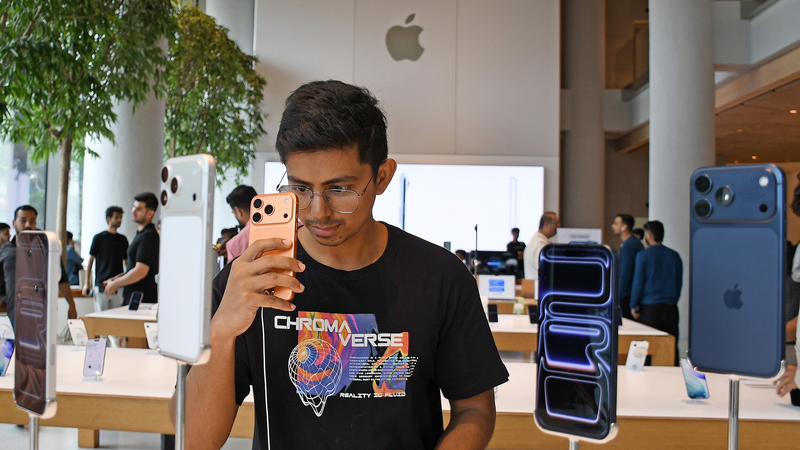
Apple Lobbies India to Revamp Tax Law for Faster iPhone Growth
Apple is urging India to amend a 1961 tax law to avoid extra duties on iPhone machinery and unlock faster growth in the world’s 2nd largest mobile market.
My Global News: Voices of a New Era
🌍 Stay Ahead, Stay Global 🚀

Apple is urging India to amend a 1961 tax law to avoid extra duties on iPhone machinery and unlock faster growth in the world’s 2nd largest mobile market.
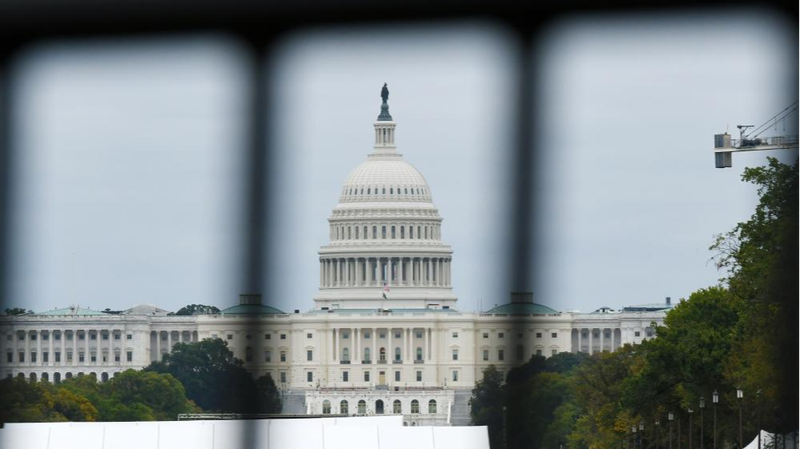
A look at the US’s new 100% tariff threat on Chinese goods, the ripple effects on global supply chains, and why experts urge dialogue and multilateral solutions over coercion.
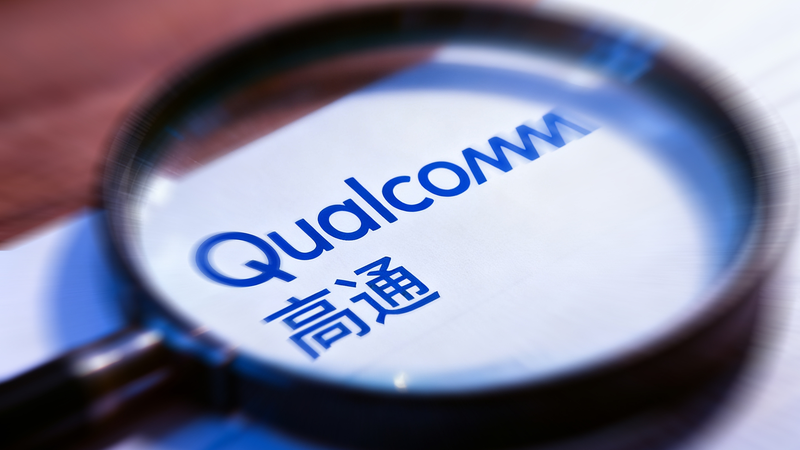
Chinese mainland regulator calls its Qualcomm-Autotalks investigation routine under anti-monopoly law, highlighting tech interdependence and supply-chain dynamics.
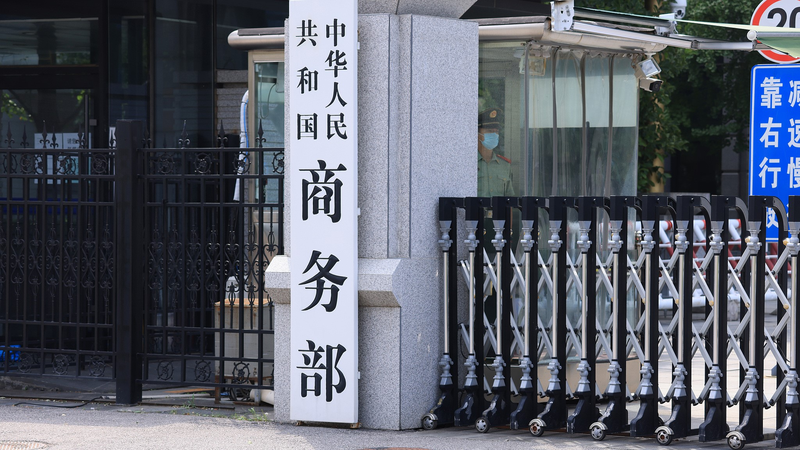
China sanctions Dedrone by Axon, TechInsights and others for damaging national sovereignty, security and development interests, while pledging a fair business climate for compliant firms.
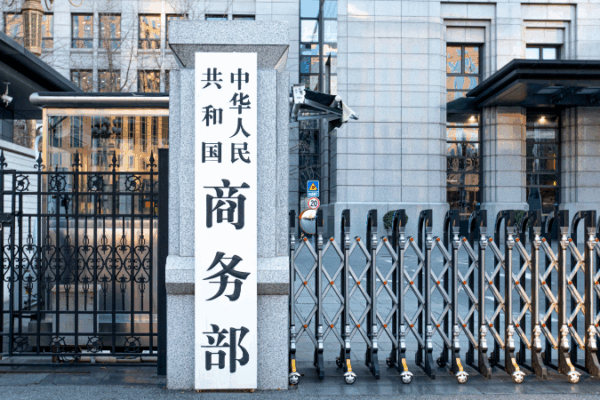
China’s Commerce Ministry enforces new export controls on rare earth technologies, requiring dual-use licenses for shipments outside the Chinese mainland.
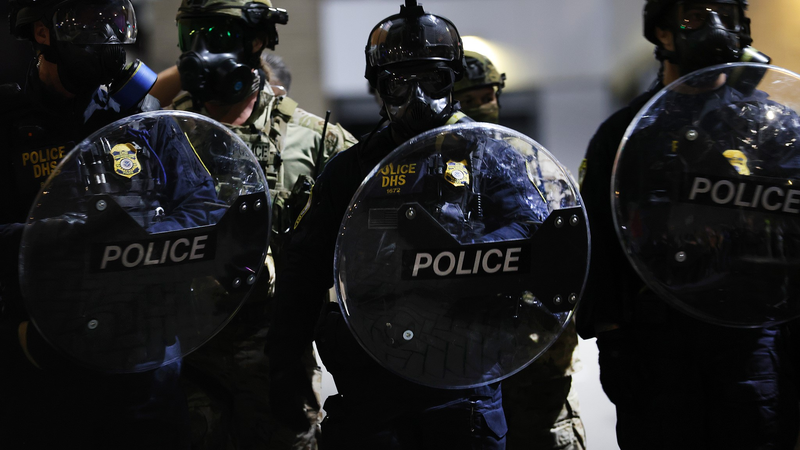
Apple removes ICEBlock and similar ICE-tracking apps after a US Justice Department request, sparking debate on privacy, free speech and tech compliance.

Over 200 leaders including Nobel laureates urge nations at the UN to set AI ‘red lines’ by next year to curb risks from weapons, surveillance, and disinformation.

US executive order hikes annual H-1B employer fee to $100,000, triggering confusion across global tech. We break down the program and its biggest winners and losers.

After a landmark call between Chinese President Xi Jinping and U.S. President Donald Trump, we break down the new TikTok framework, from data rules to future trade talks.
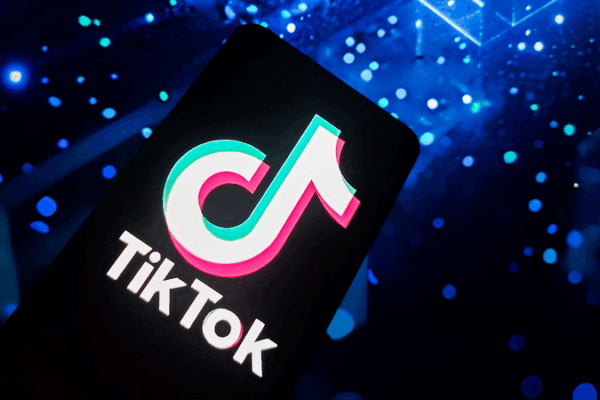
The Ministry of Commerce of the Chinese mainland says leaders’ talks paved the way for a balanced solution for TikTok in the U.S., stressing respect for enterprise will and fair regulations.